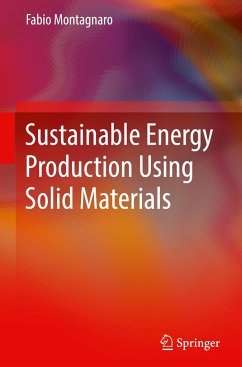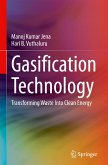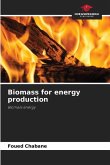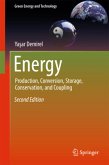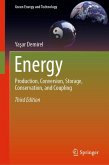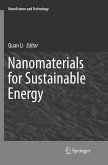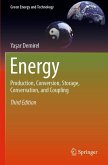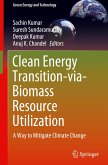This textbook focuses on sustainable energy production using solid materials. With explanatory tables and figures, case studies, worked-out examples, and up-to-date bibliographies of other works, the book provides an in-depth exploration of the most innovative aspects of the field.
Readers of the book will gain critical skills in characterizing and reacting to biomass, including the formation of pollutants, as well as using fluidized bed reactors for heterogeneous processes. The book also explores innovative methods for mitigating the greenhouse effect, reusing ashes as adsorbents or in cement production, and thermochemical solar energy storage.
This book will give students, novice researchers, and industry professionals valuable insights and knowledge into the sustainable production of energy using solid materials.
Readers of the book will gain critical skills in characterizing and reacting to biomass, including the formation of pollutants, as well as using fluidized bed reactors for heterogeneous processes. The book also explores innovative methods for mitigating the greenhouse effect, reusing ashes as adsorbents or in cement production, and thermochemical solar energy storage.
This book will give students, novice researchers, and industry professionals valuable insights and knowledge into the sustainable production of energy using solid materials.

